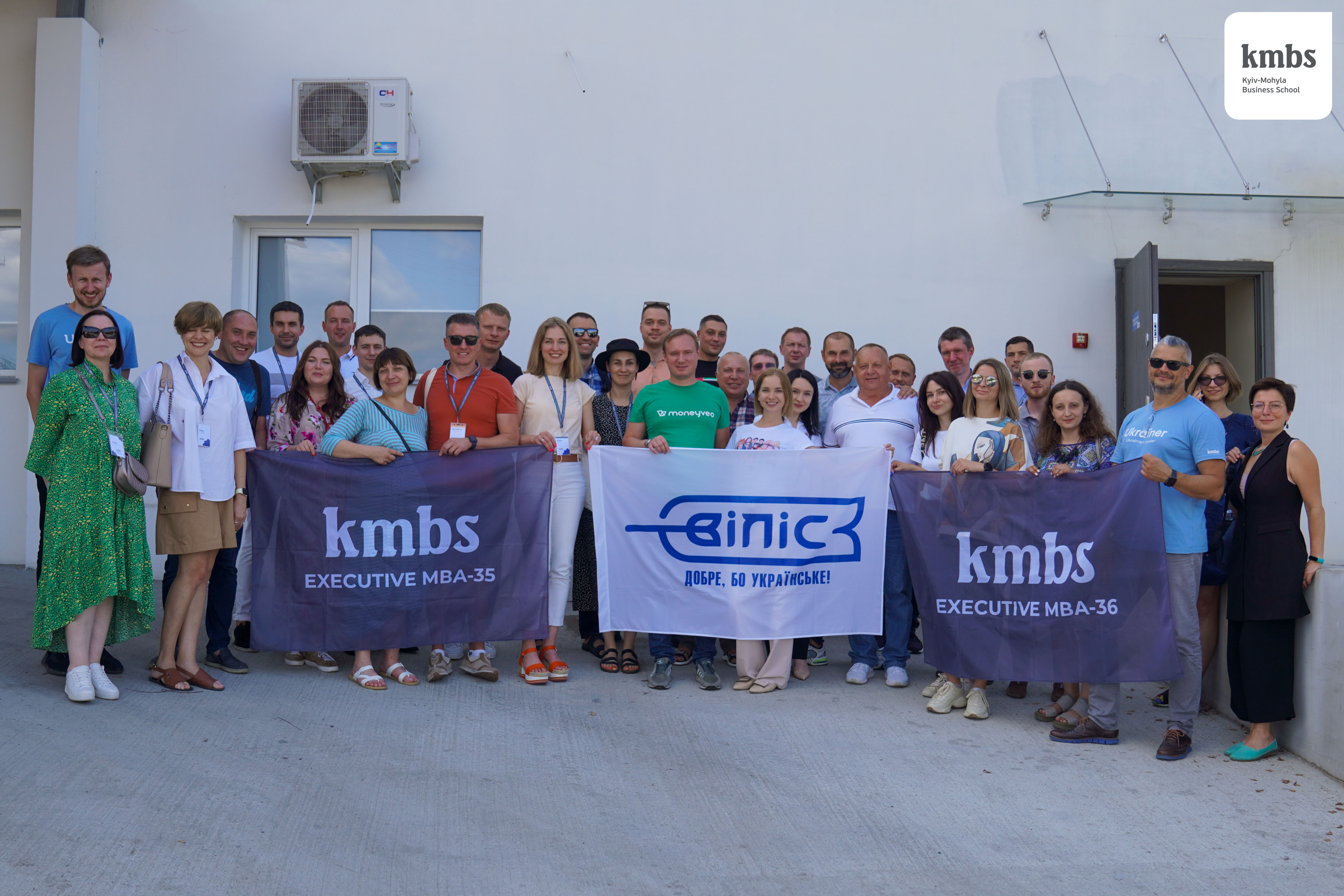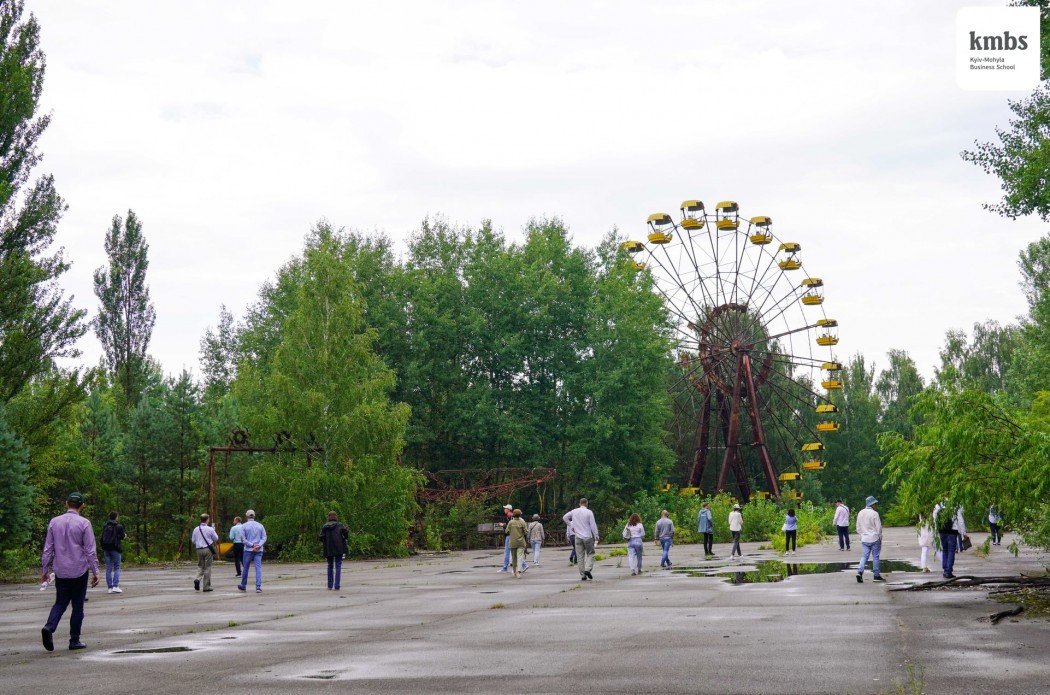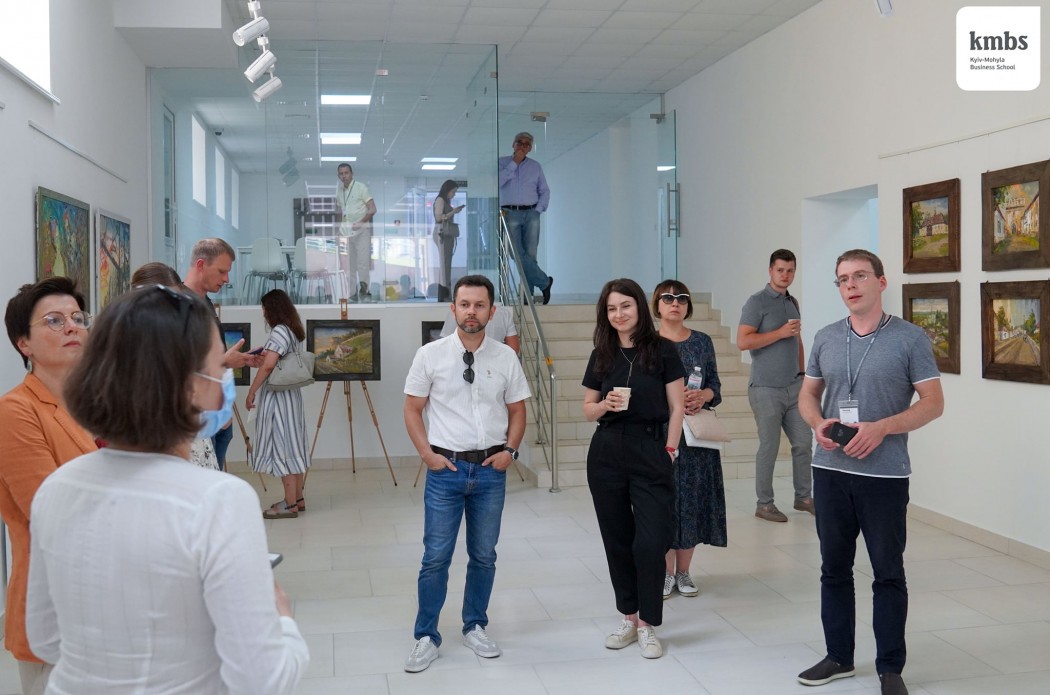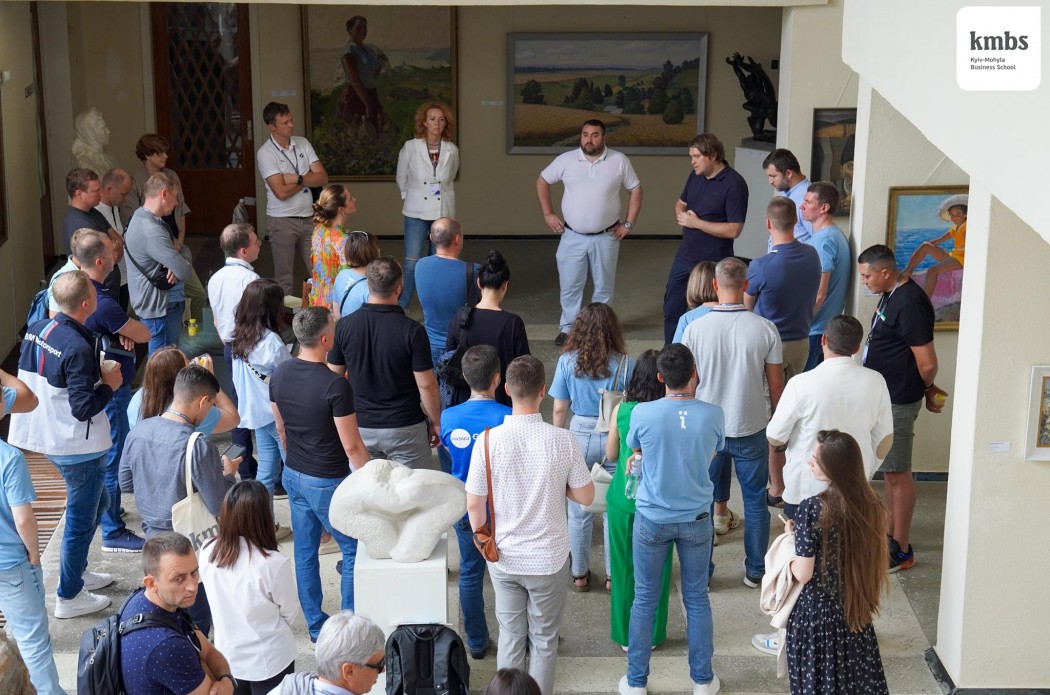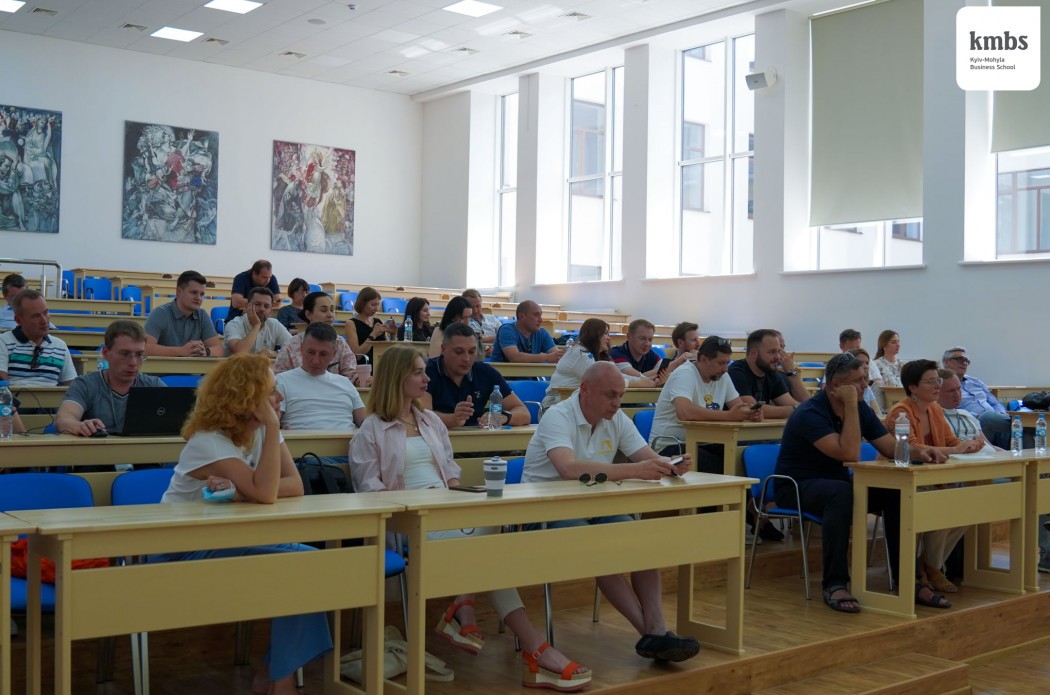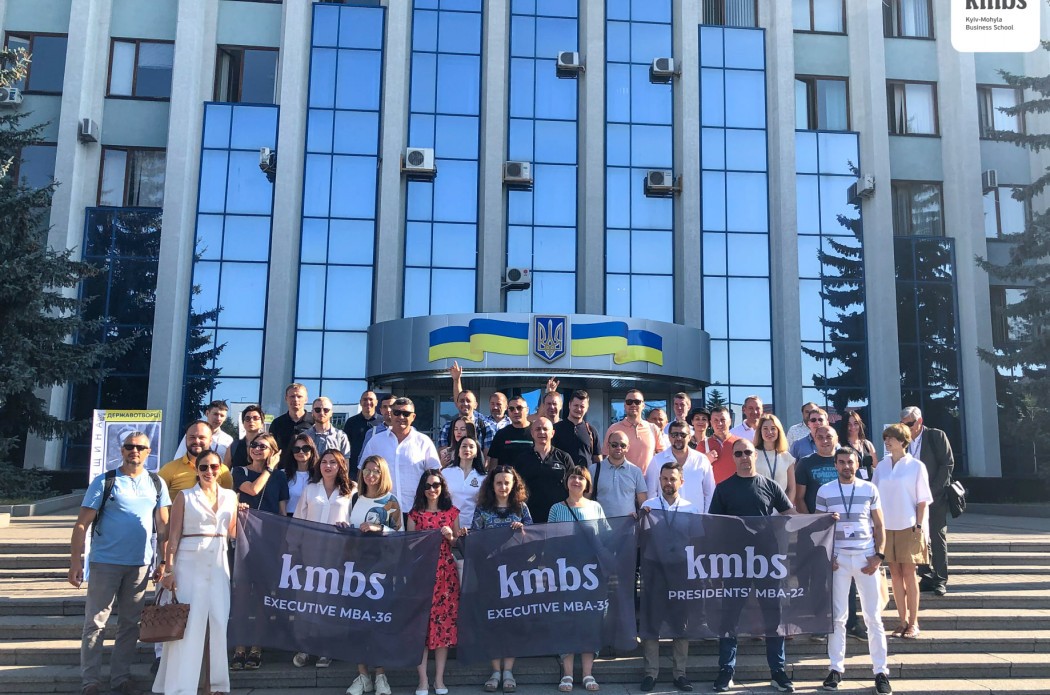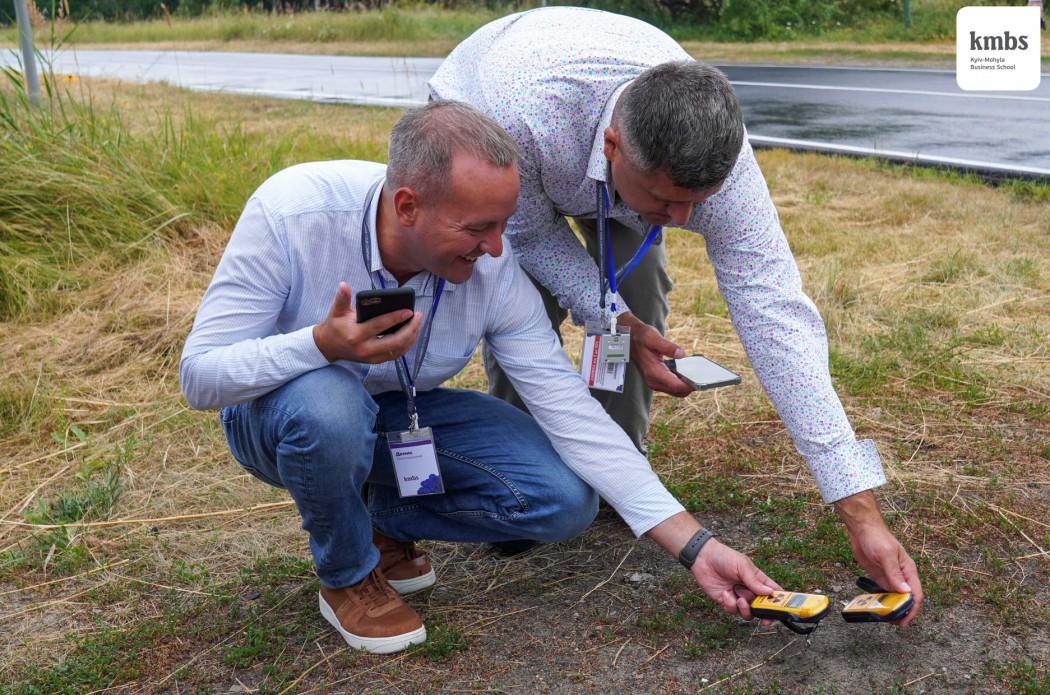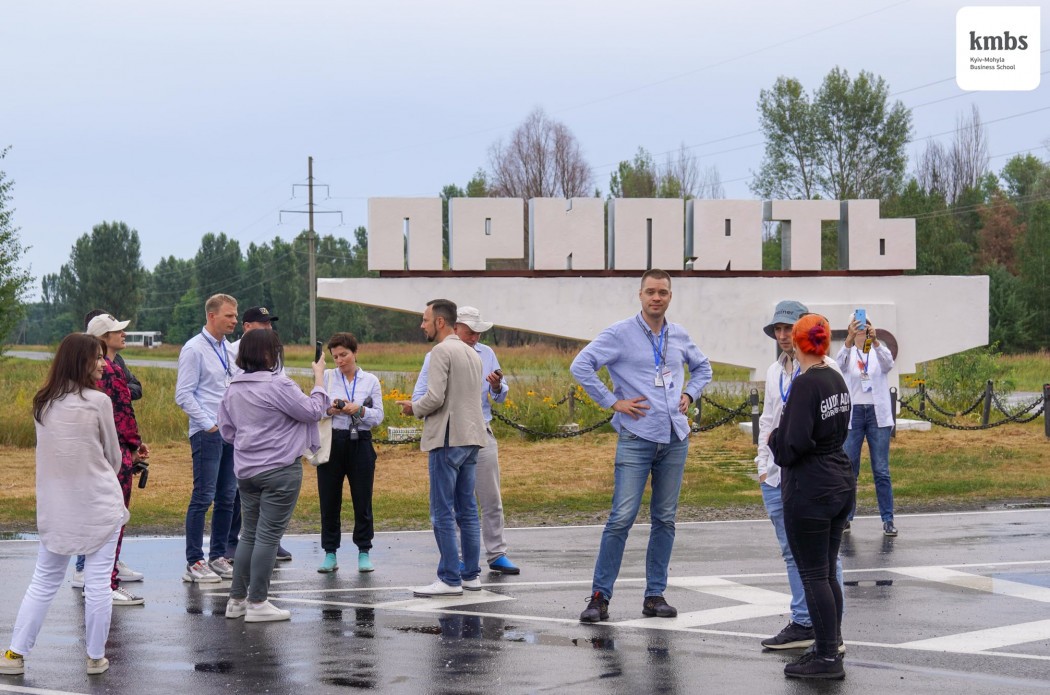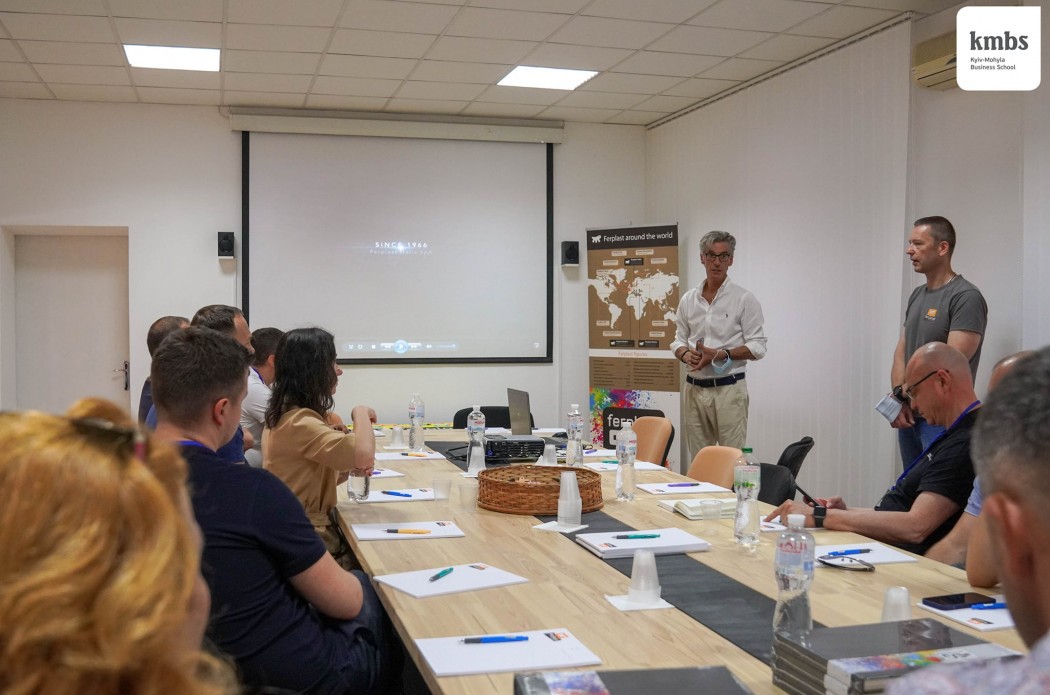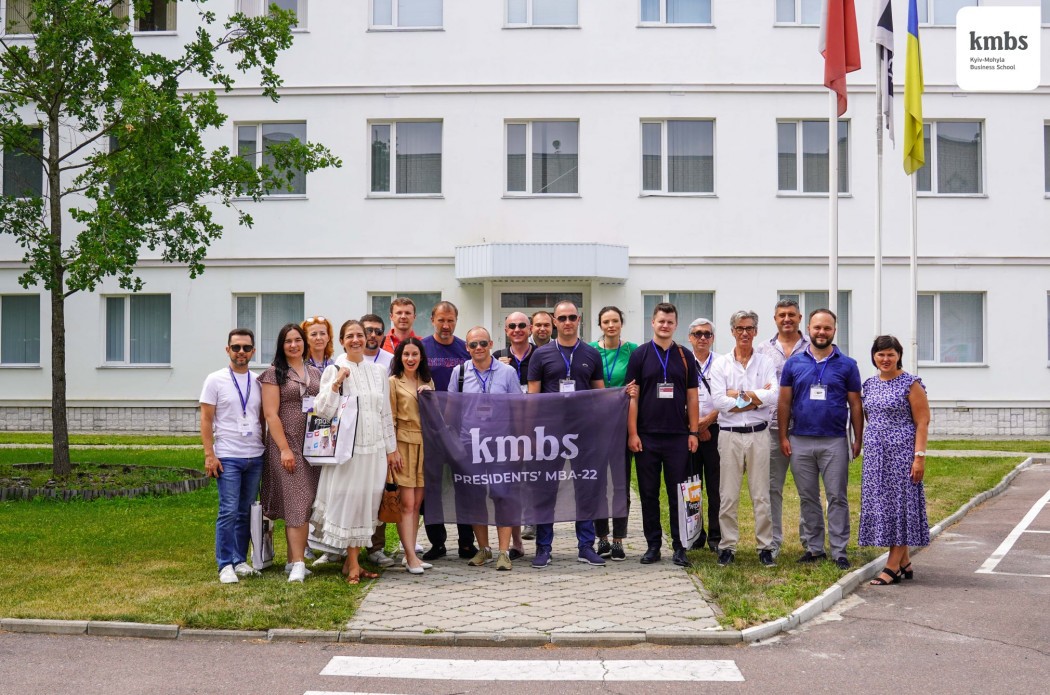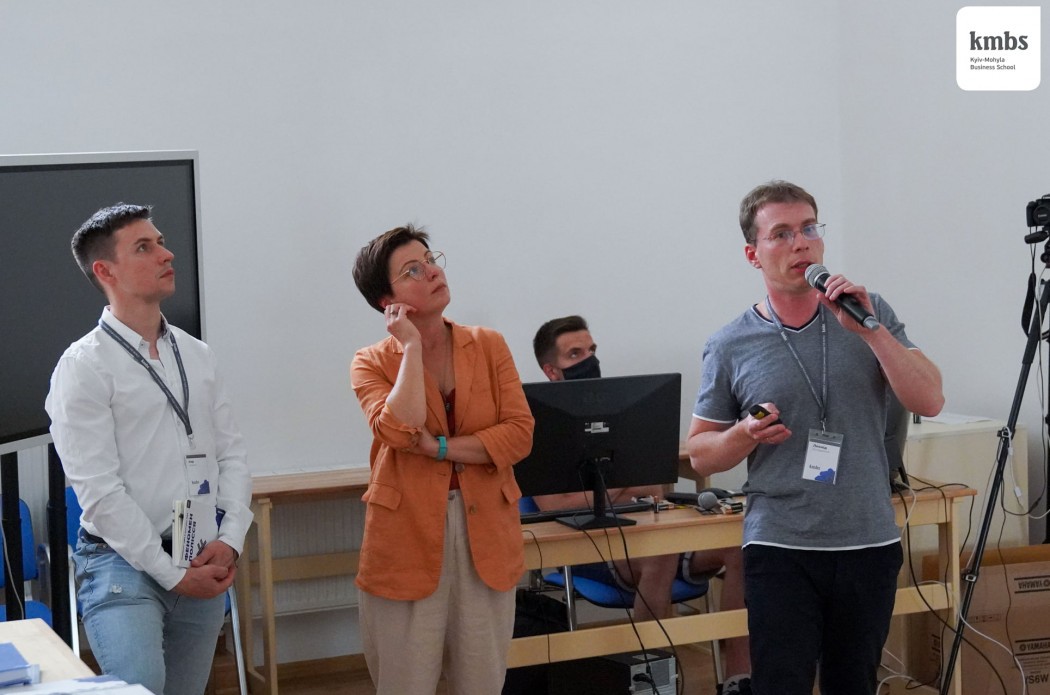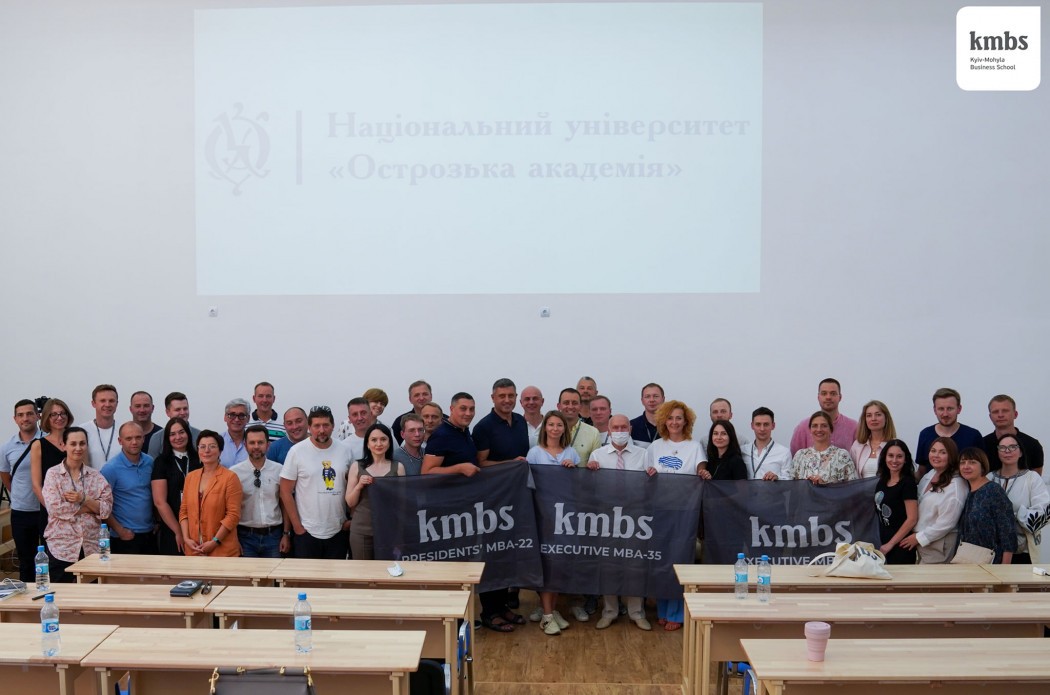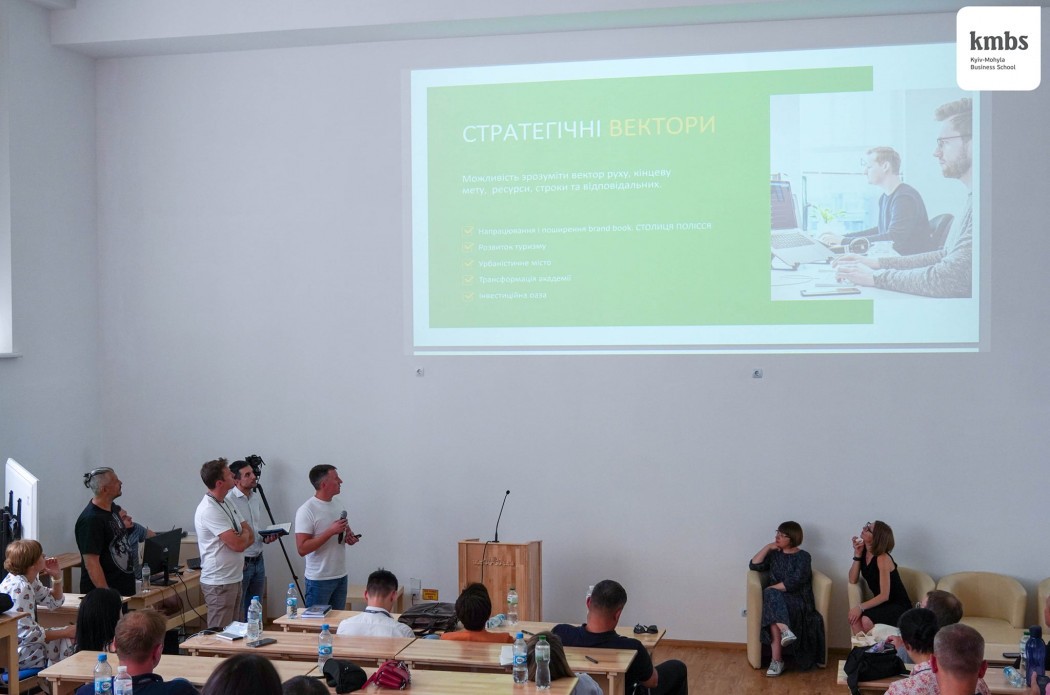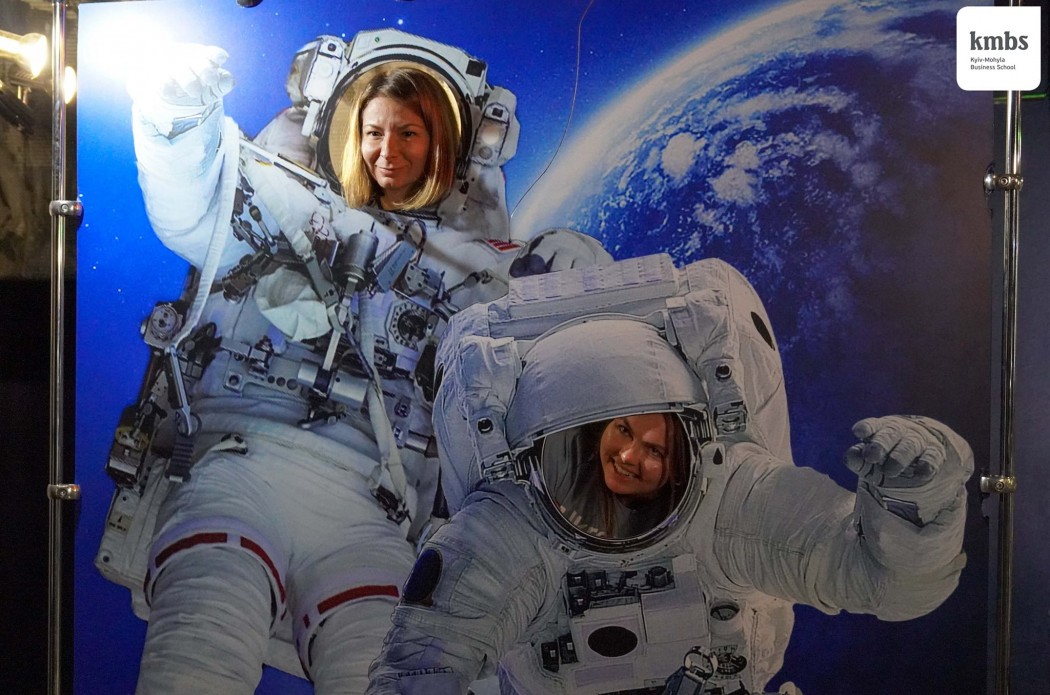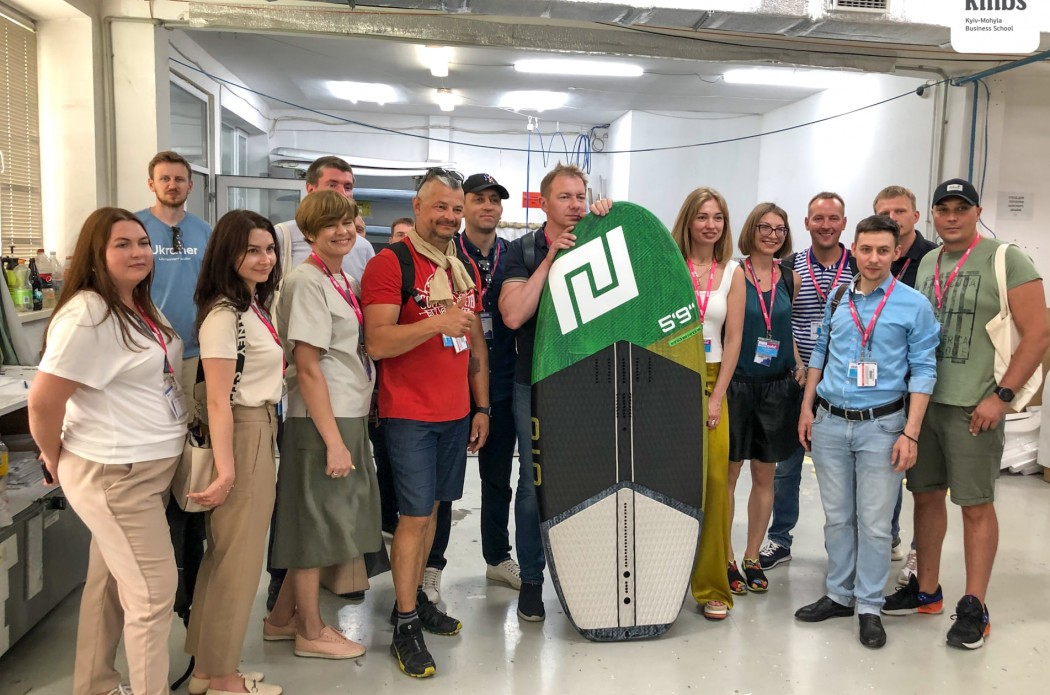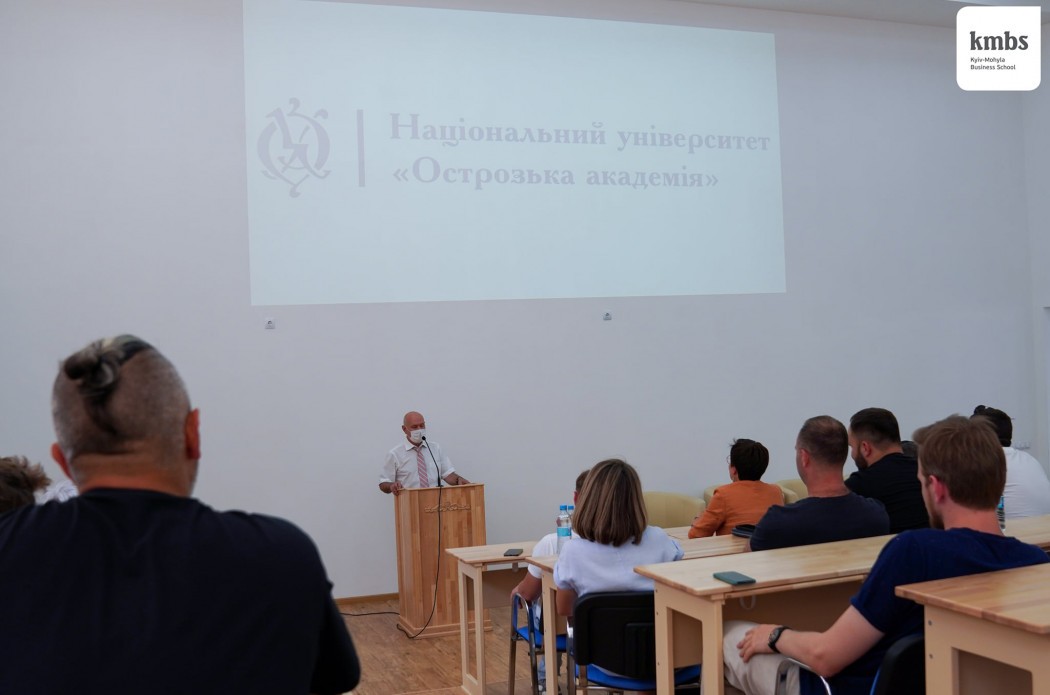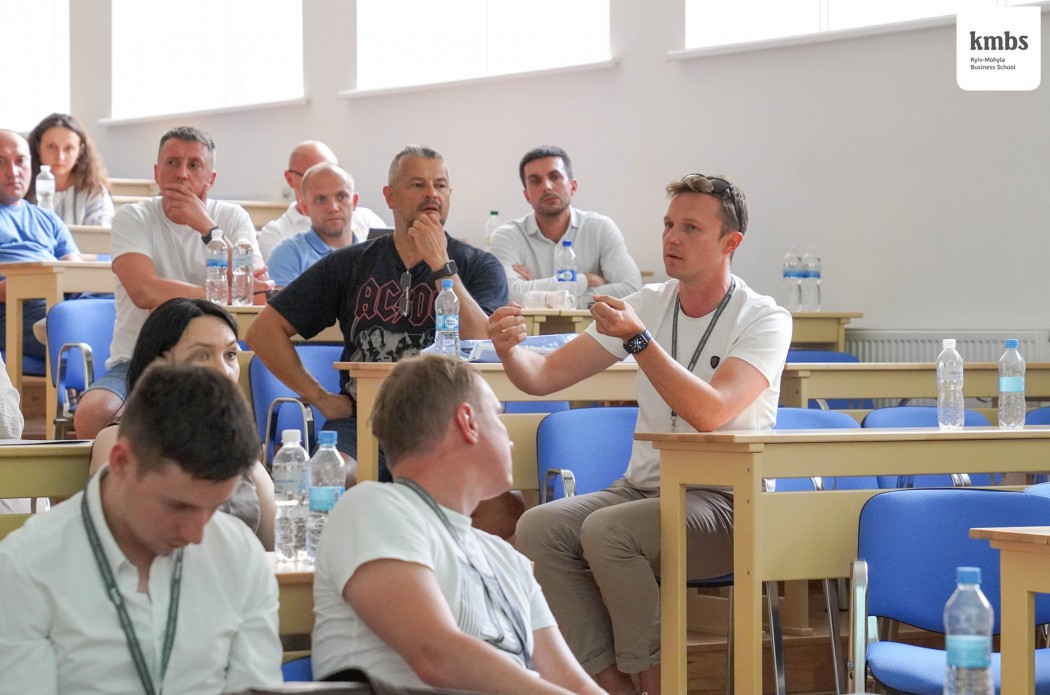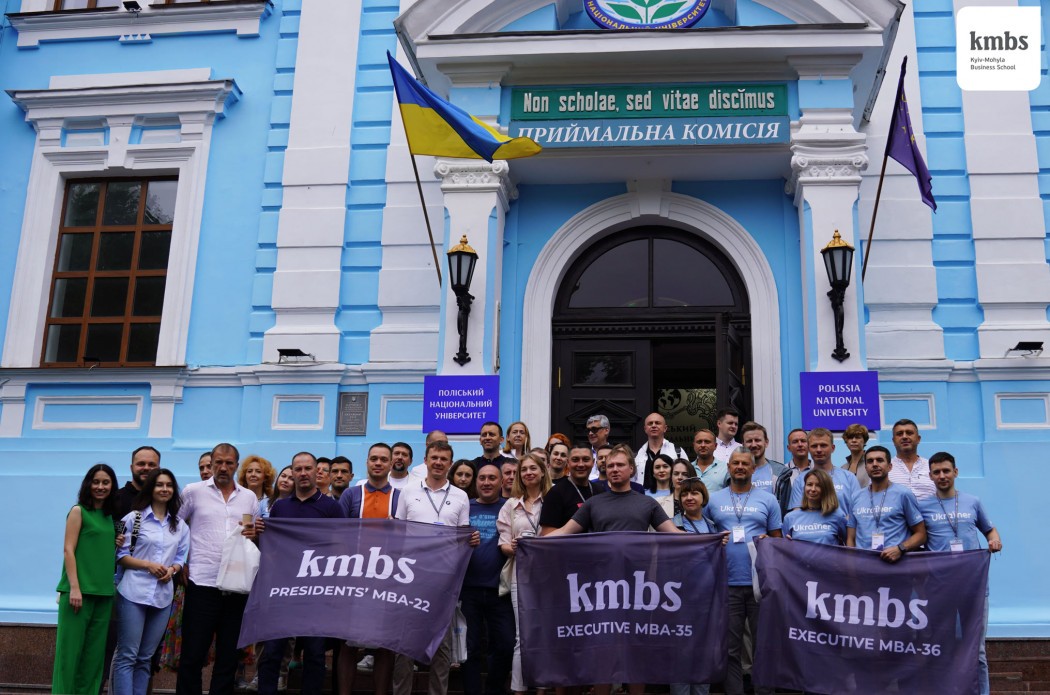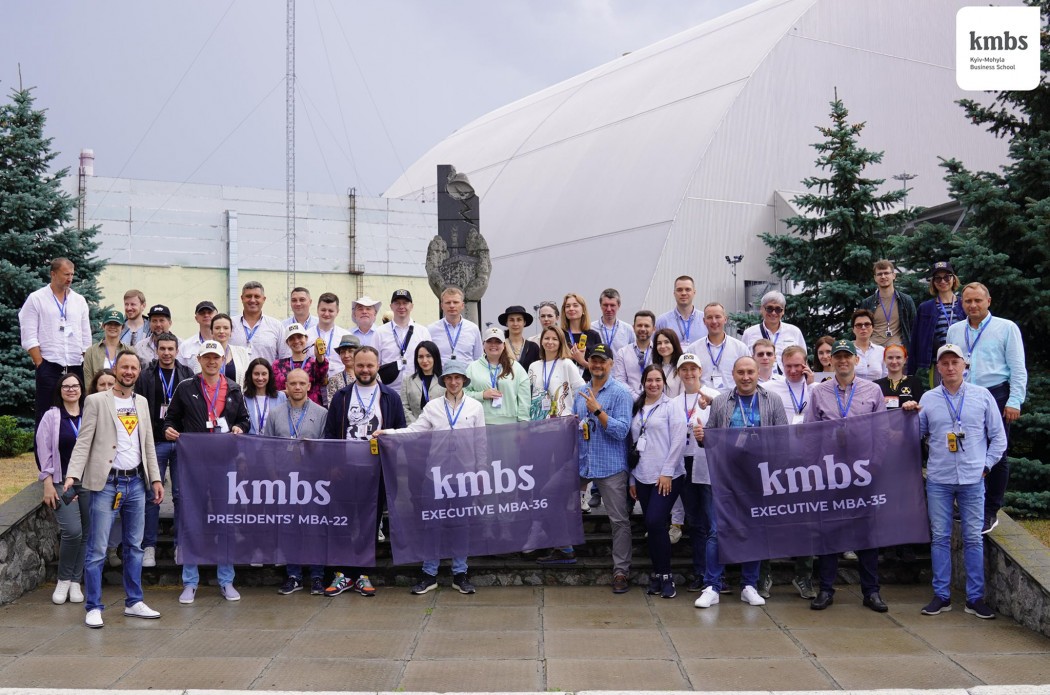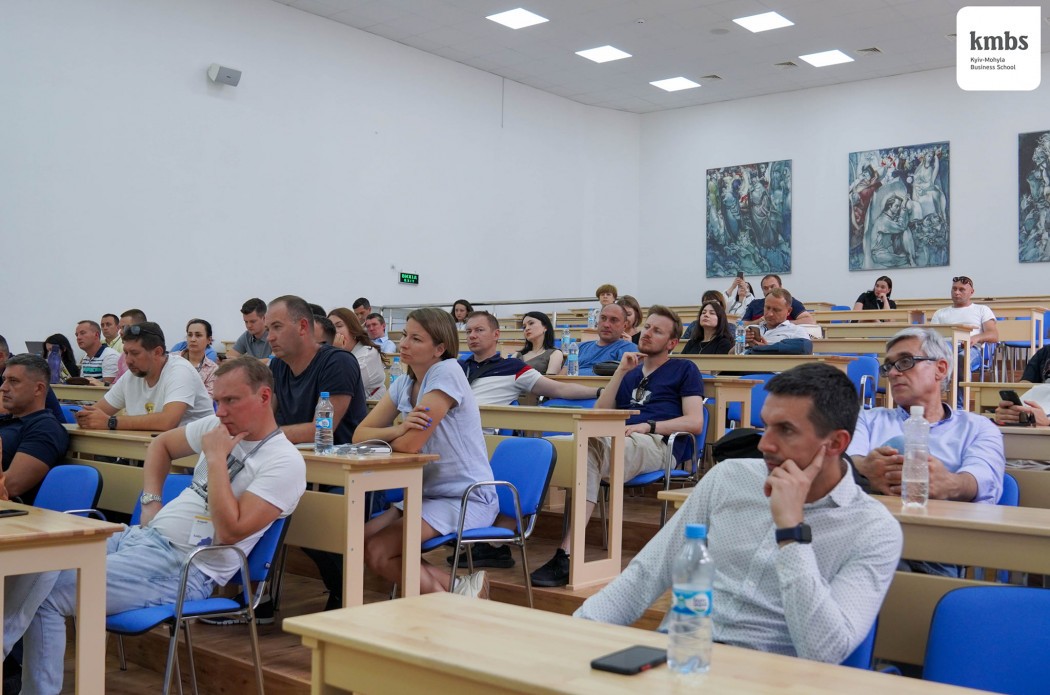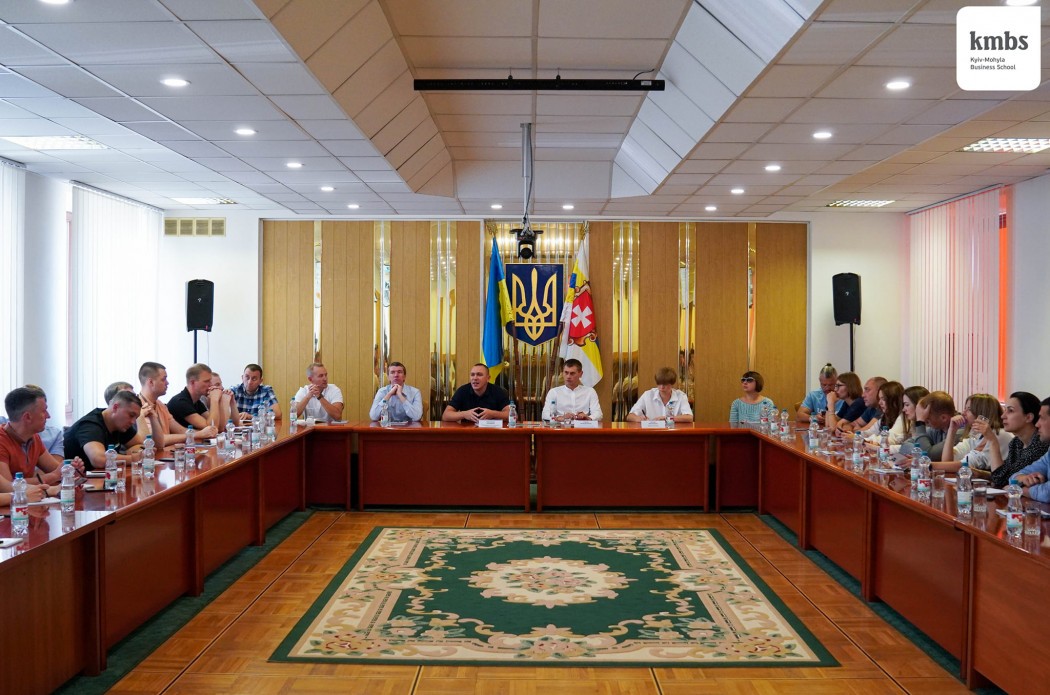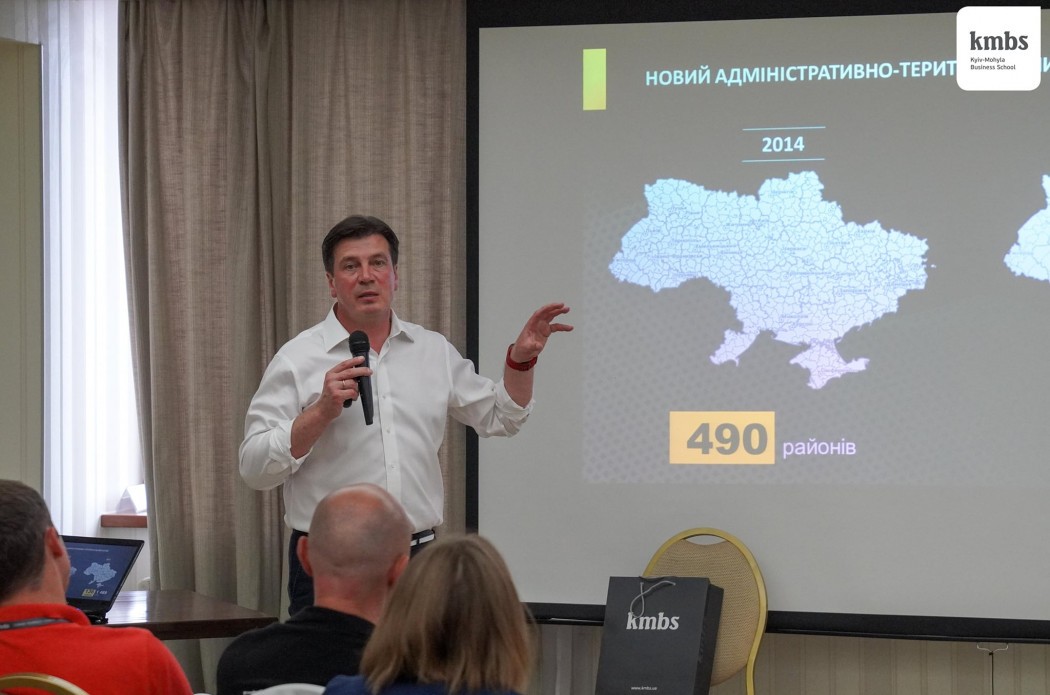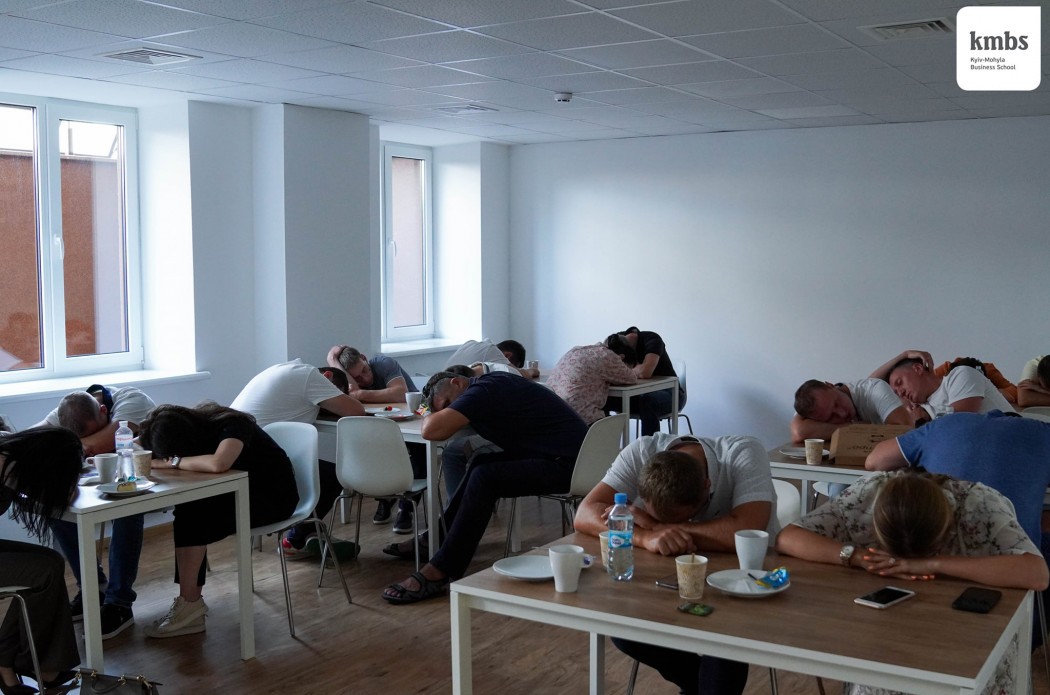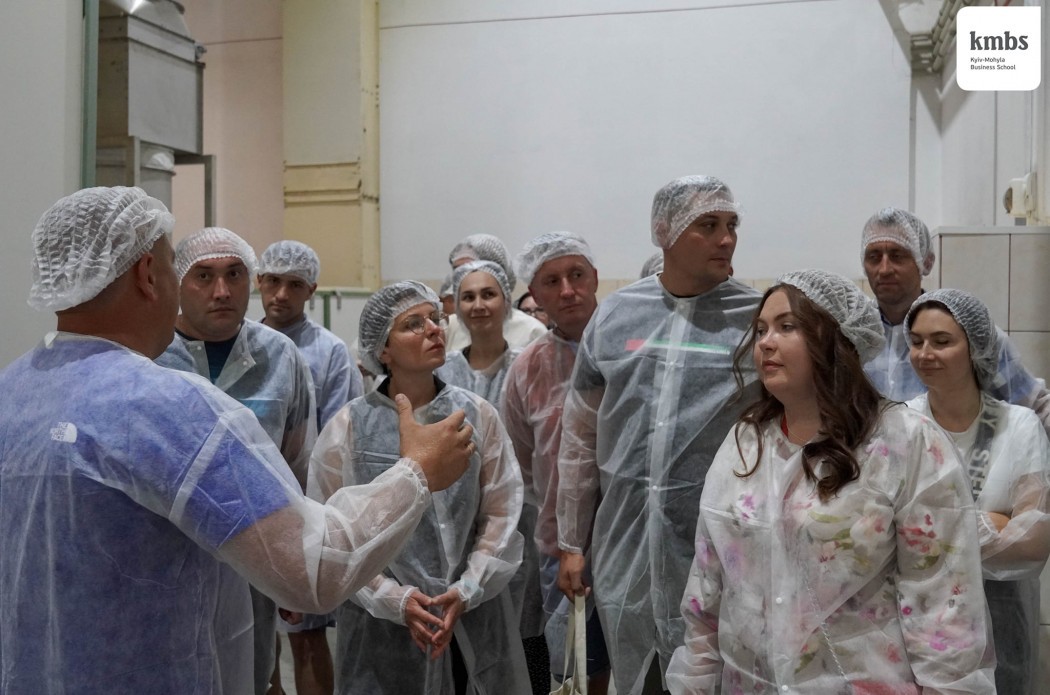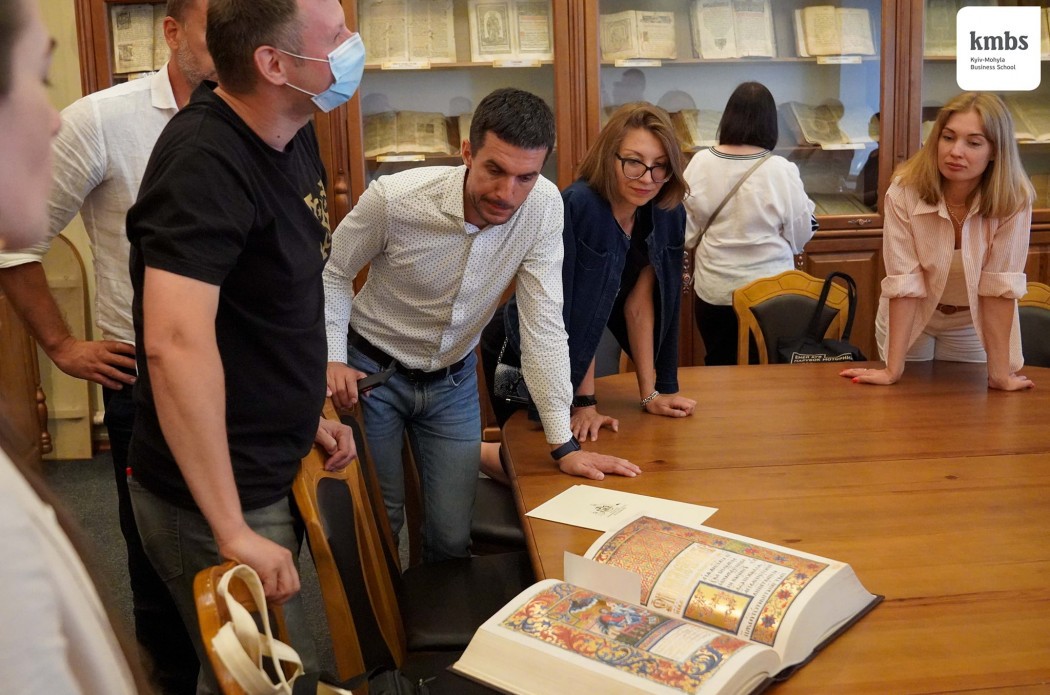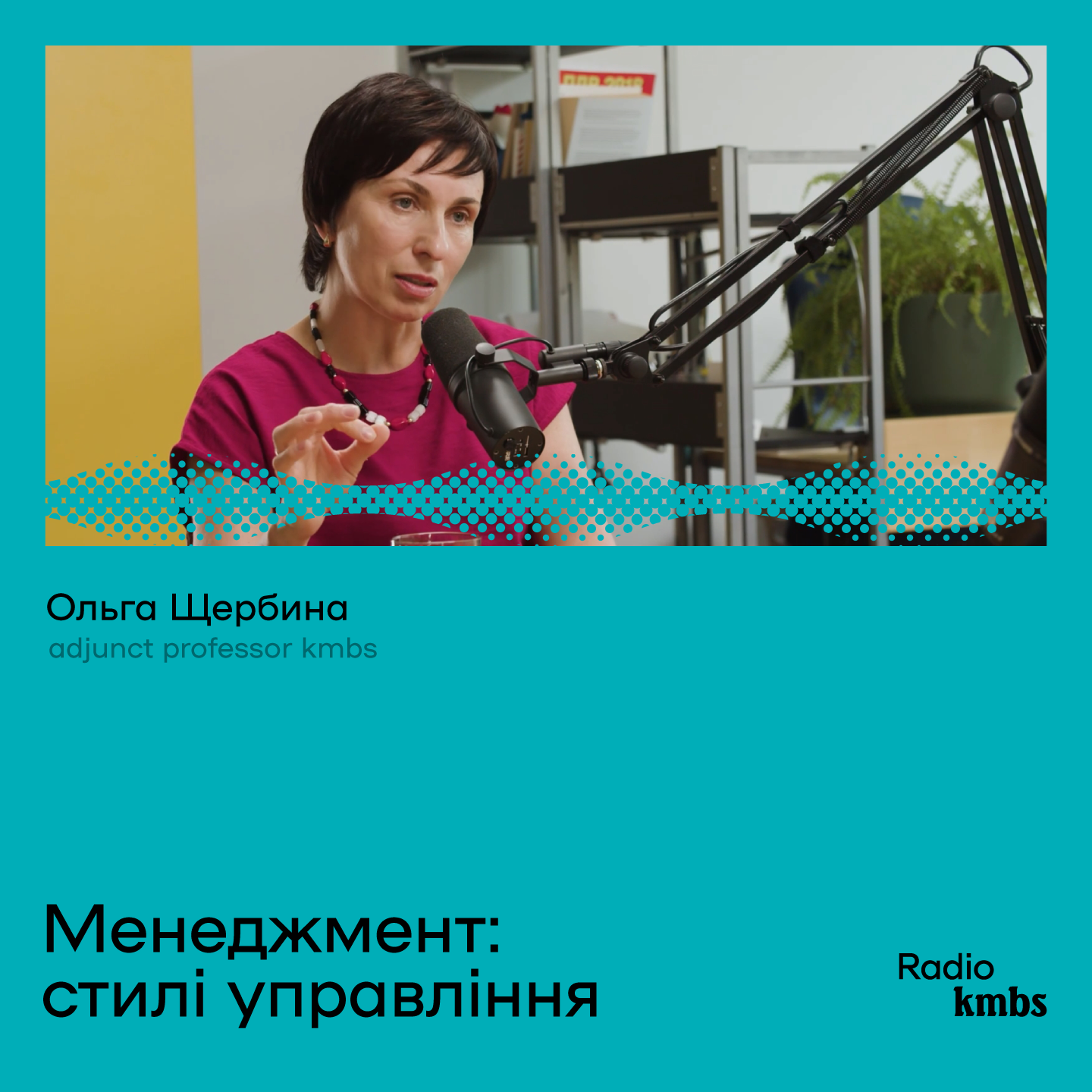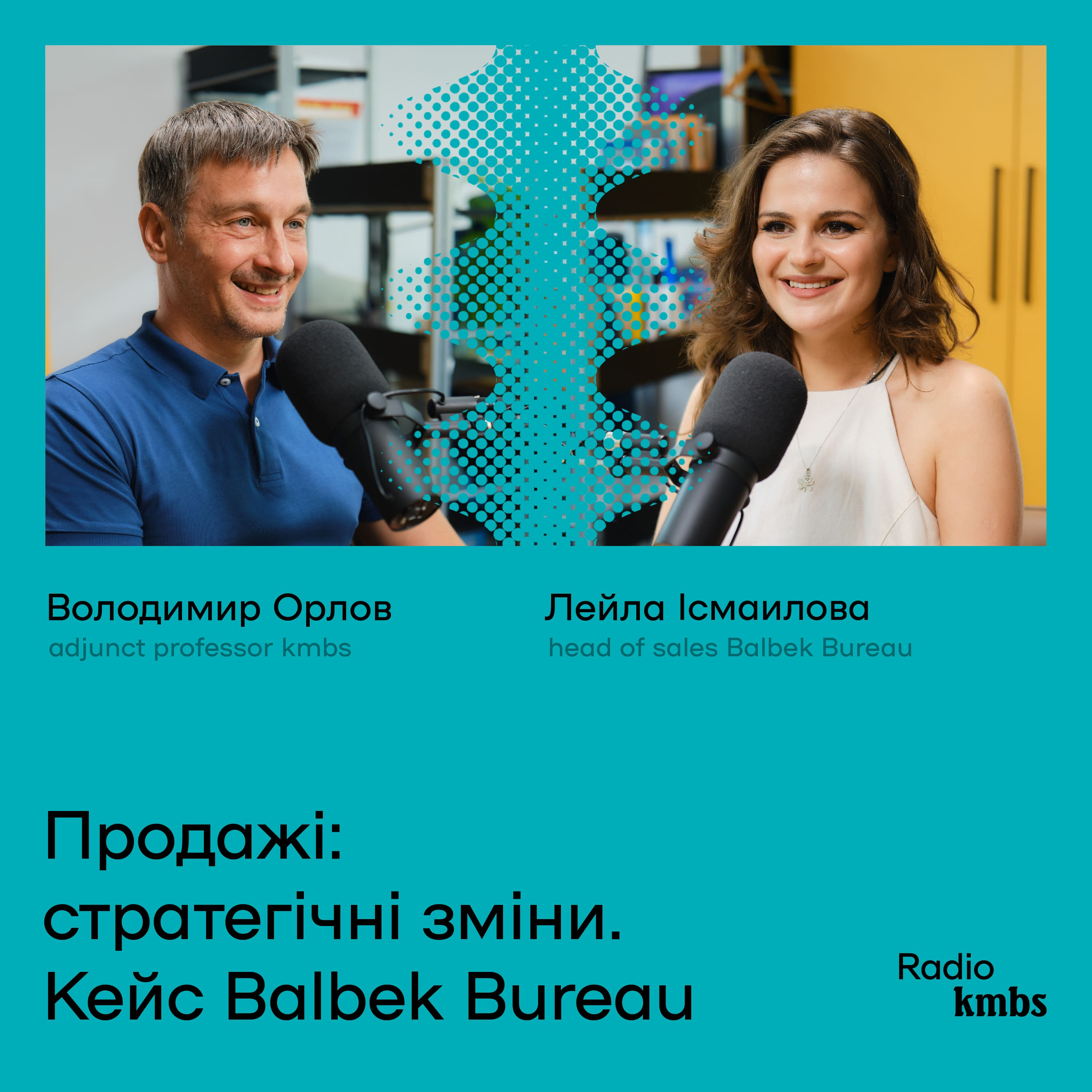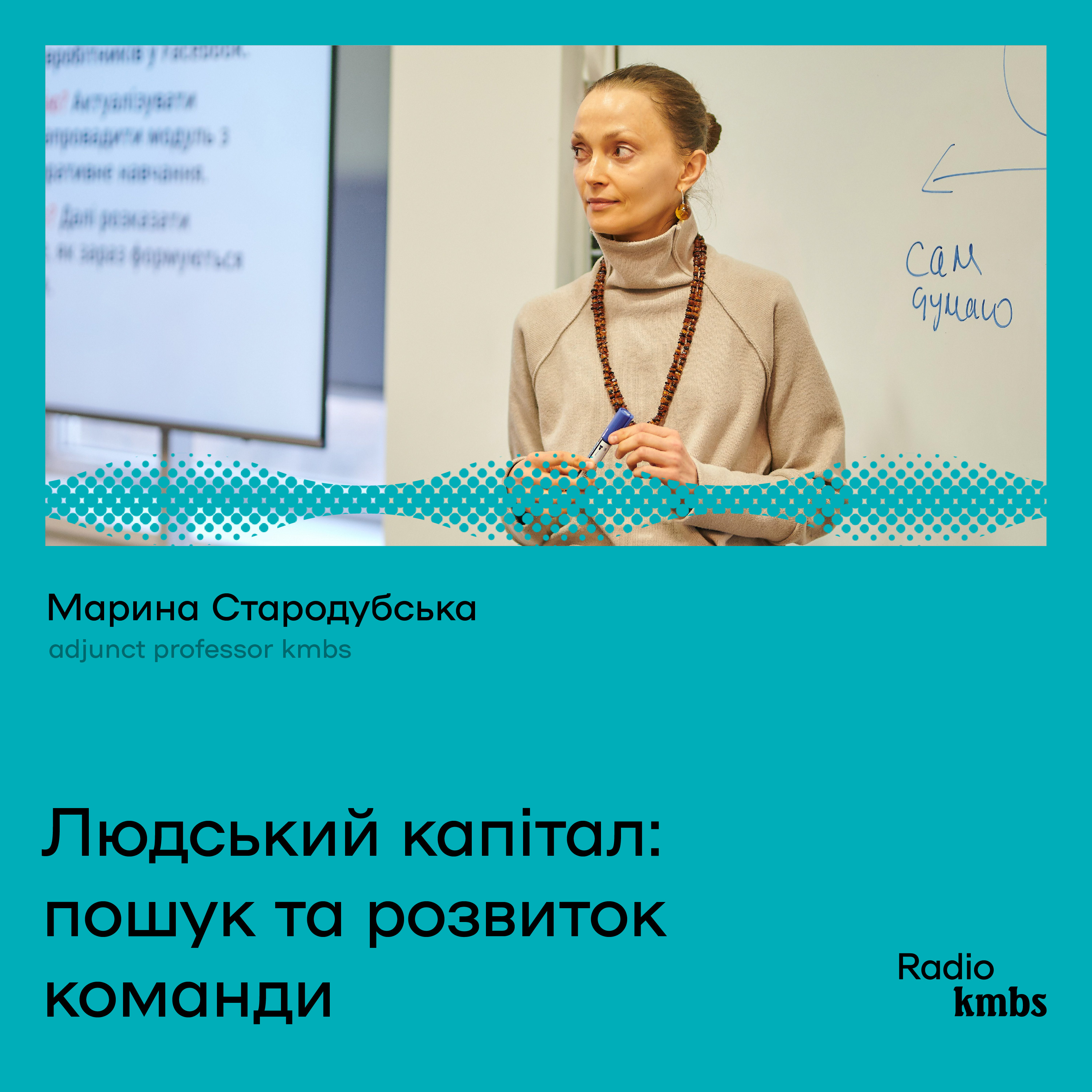Therefore, first of all, the participants had meetings with representatives of government agencies: city officials, heads of regional state administrations and heads of the City Development Agency communal facility. The key topic of discussion at these meetings was the development strategies of the region from the authorities’ point of view.
They got acquainted with the position of the business directly at the enterprises, analyzed the cases of companies based in these regions. In total, they worked on eight different business cases (tourism, food and furniture industry, technology and engineering), talked to top management about the existing challenges and development prospects.
Participants also met with local elites. It is gratifying that Zhytomyr representatives of those are kmbs graduates, politician Hennadii Zubko and deputy, initiator, and curator of numerous cultural, artistic, and educational projects Liudmyla Zubko, who actively helped with the module organization. In Rivne, the community of our graduates is represented by Iryna Plisetska, who is one of the members of the board of directors of the Vilis pasta company, tour to which was part of the Impact Visit program.
Thus, participants explored the region in social, cultural and historical, business, and educational contexts. And in some aspects, this study caused more questions than it answered.
“Our training expedition to Chornobyl, Zhytomyr, Rivne, and Ostroh was full of meetings, which became a source of new impressions and powerful insights for the participants,” said Eduard Maltsev, head of President’s MBA. “The dilemma of today’s Chernobyl is to be a working expert and production center of the new generation of nuclear energy, or exclusively a recreation area? Zhytomyr’s proximity to Kyiv is an opportunity for the city’s development, or is there a real threat of an outflow of qualified and active people? Is Rivne a source of inexpensive labor or an example of uniting players and creating world-class Ukrainian products with high added value? Is Ostroh an exception among the state universities that are stuck by the regulations or a role example of a Ukrainian university town? Most of these dilemmas in one form or another are inherent for all the modern Ukraine. The more interesting it was for all of us to work with them.”
An integral part of the field trip training modules is the implementation of the final complex task. Therefore, this time the participants in the teams had to propose a strategic idea and strategy (vectors) for the development of Zhytomyr or Rivne, in order to make it more socially equal, spatially more comfortable, culturally richer, more environmentally responsible, economically more successful. The results of the teamwork were presented on the last day of the module.
This was only the first presentation of the participants’ own vision, the search and refinement will continue over the next month, and the school will return to the discussion. Although the bridge for future interaction is much wider: the participants exchanged contacts with businesses to create partnerships, with the authorities – to work together on initiatives, took the addresses of local museums, and someone began to think over the entry of their children to Ostroh.

